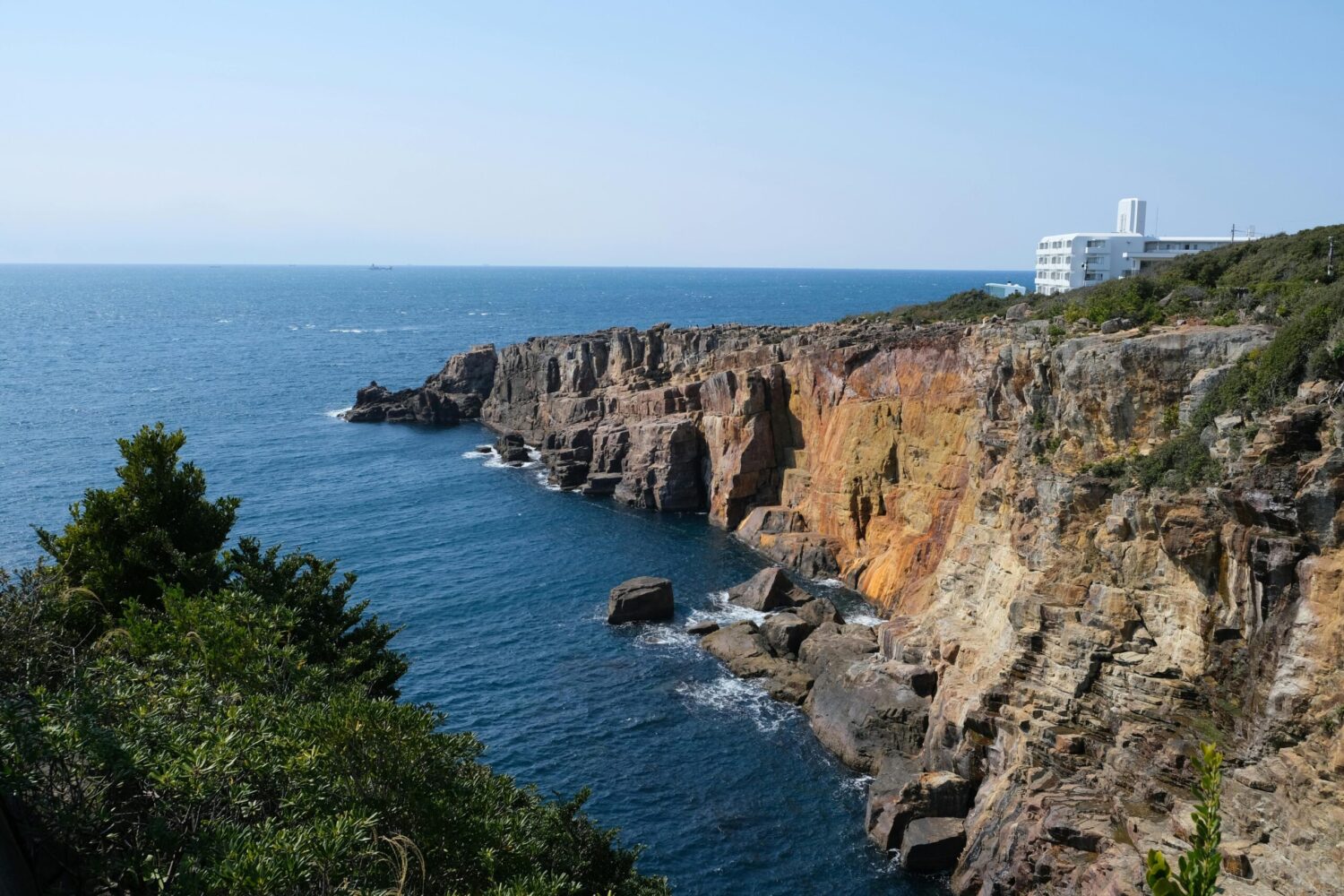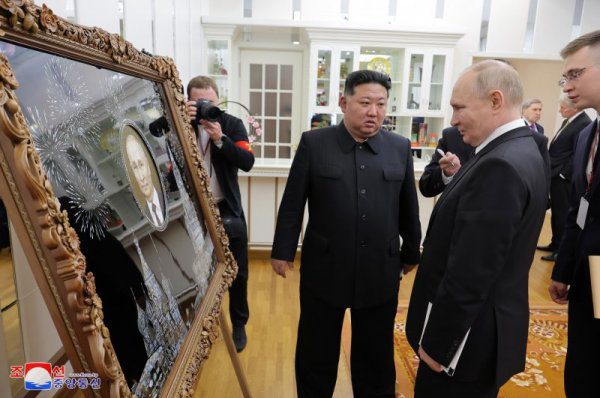By Martin Hoegger. www.hoegger.org
The spirituality of the Focolare, a movement recognized by the Catholic Church, is also experienced to some degree by members of other religions. During the interreligious congress that Focolare recently organized, witnesses from faithful of various religions testified to this.
Farouk Mesli encountered the Focolare ideal a long time ago, in 1968. At that time, he lived in confusion, confronted with ideologies of all kinds. When meeting the Focolare he was touched that they live the Word of God together. For him, an ideal that is not lived and shared is worth nothing.
But, at the adhering to the Movement a doubt had set in within him, because it is a Christian Movement. This led him to reflect on his own faith, purify his heart and be a Muslim by choice, living the Word of God. “I was then convinced that fraternity is achieved through love, by loving the faith of others as my own,” he said.
Unity in diversity
A Hindu, Vinu Aram, tells her story of friendship with Chiara Lubich, the founder of Focolare and Niko Niwano , founder of the Risho – Kosei -Kai Buddhist movement in Japan. She always has a photo in front of herself with them. “I have had 30 encounters in 29 years and I have discovered that reciprocal listening is the cornerstone of dialogue,” she says.
Through these encounters, she received the gift of unity in diversity that Gandhi desired. She was very touched by the love of several members of the Movement, a love that transcended differences.
Vinu Aram explains that the search for truth, unity and God is at the heart of Hinduism. We must always ask ourselves: “what can strengthen trust in others”? The solid basis of our dialogue is the concrete way of loving and building trust, which arouses joy. “I hope that we can demonstrate that it is possible to build this unity in diversity in the next 20 years.” . What we experience today determines what we will experience tomorrow.”
Ask good questions
Jessica Sacks, a young Jew from Tel Aviv, quotes Rabbi Shimeon ben Azzai : “Do not despise anyone or reject anything, for everything has its function. ” Everyone has a time in their life where they are called to greatness. She is here to meet different people, but also discovers so many points in common between her spirituality and that of the Focolare. It strengthens her in the spirit of dialogue and the desire for peace, while war rages at home.
“The wise man is not the one who studies much, but the one who learns from everyone he meets ,” says another thinker of the Mishnah. The dialogue begins by asking questions. She is blessed here to meet people who know how to ask good questions.
Receive new momentum
A Jordanian working with Caritas, Omar Keilani grew up in an open Muslim family. He met the Focolare 20 years ago and was touched by their listening. During the meetings, everyone could retain their own identity. It strengthened his relationship with God and taught him how to build relationships with people of all walks of life. “God created us different to compete in mercy,” says the Koran. This is what I explored further in contact with them. I hope that this meeting will give us new impetus to live as a single human family. I’m not surprised that everyone here is smiling,” he says.
Accept suffering
Preeyanoot Surinkaev comes from Thailand and lives the ideal of Focolare among Buddhists. The meaning of his new name “ Meta ”, which Chiara Lubich gave her, is “love” in Thai. “ Thanks to the encounter with this spirituality, the roots of my Buddhist faith deepened ,” she confides.
One day she asked her who God is, love. A great light then entered her. She discovered that everything that happened to her was an expression of his love. “We must therefore not flee suffering, but welcome it in the present moment, in love. What really matters is to love. “It gave me a better understanding of Buddhism’s ‘four noble truths’ about suffering,” she says.
Love is the answer
Emilia Khoury, a Christian from the Holy Land, felt great suffering after the massacres of October 7 and the war that followed. But she remembered the suffering of Jesus who continued to love until the end. She understood that love is the answer to all suffering and division. ” I have this responsibility to be a witness to God’s love in all circumstances. In the current situation, I also understood that my love must be manifested above all in listening. And I pray a lot, because Prayer is even more necessary than food.
Peace, a constant choice
Taj Basman, comes from the Philippines and experienced diversity from his childhood: his father being Muslim and his mother converted to Christianity. However, he faced discrimination. He wanted to overcome stereotypes by showing what Islam really is. Marked by his mother’s commitment to forgiveness, he wants to perpetuate her legacy of peace and understanding. “For me, peace is not an idea, but a choice to be made again every day; it begins with us, with our closest relationships.”
The “dice of love”
The coordinator of the “Living Peace” initiative, Carlos Palma lived in Jerusalem. He was shocked the day some children asked him what would happen when there were no more wars. He realized that these children did not know peace since they were born. This posed the question: “What am I doing for a culture of peace”?
For him, this culture begins with a culture of love. He then launched the “Living peace” project inspired by Chiara Lubich’s “Art of loving ”, with the practice of the “ love dice ”. On the faces of the dice is written the various points of the “art of loving”. ( see : https://www.focolare.org/fr/2011/10/15/francais-le-de-de-lamour/ ) He experienced it with children in Cairo and asked them to tell how they experienced the sentence read in the morning. It all started with these 12 Muslim children. This practice then spread to the Gulf countries. Sometimes with words inspired by the Koran. The same experience was then experienced with Buddhists, Hindus and members of a Gandhian movement.
Win the children
A Muslim from Macedonia, Liridona Suma had to go against the current to live the spirituality of the Focolare. She works in a multi-ethnic school where she noticed the tensions between the children. She wanted to organize a concert with them but did not receive permission until one day she proposed a benefit concert for a sick child. This was a success, and the children began creating bonds of friendship.
A dialogue between Jews and Muslims
Ramazan Özgü, from the Turkish community in German speaking Switzerland, experiences beautiful interreligious encounters. Since 2012, he has worked with a group of Jews. A mutual understanding was then born. The situation in the Middle East was a test, but it strengthened their relationships. The group grew and formed an “anti-hate coalition” and helped each other counter anti-Semitism and Islamophobia.
After October 7, Muslims and Jews felt judgments. “Safe spaces” were then created for participants to express their feelings. They understood that mourning and victim status is common to both religions. “I also had to fight my own prejudices, which are ready to come out. I understood that I must work on myself first,” he confides.
Political friendship is possible
Former Secretary of the Ministry of Culture of Slovenia, Silvester Gaberscek had the responsibility of liaising with religious communities. He organized a two-day march with people of various religions, creating a beautiful relationship with the Mufti of Ljubljana. This friendship proved very useful in overcoming, subsequently, a crisis due to intolerant positions regarding Islam on the part of a politician.
Thanks to this good relationship, the Minister of Culture was won over to interreligious dialogue. This relationship then expanded to many other people, reaching several religious and political leaders, within the framework of an International Forum held in Koper, Slovenia. This Forum in the very secularized society of this country received a positive response. The decision was made to hold this Forum again in June 2025.Other articles on this conference: https://www.hoegger.org/article/one-human-family/





